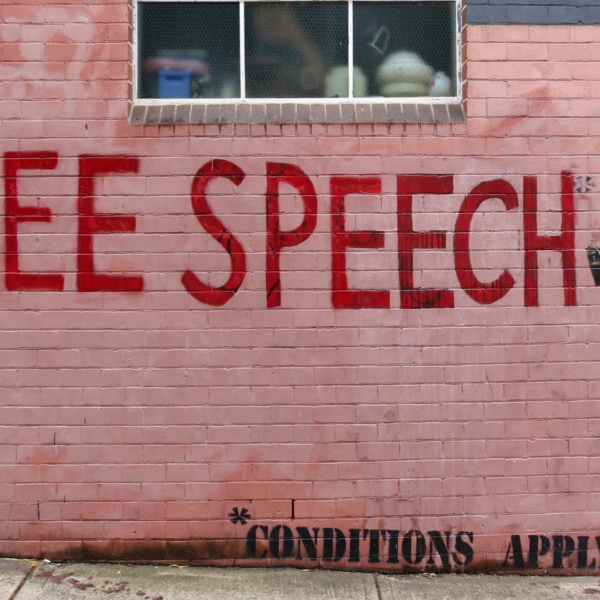
This past week, especially in light of the Copenhagen shootings, commentary about the White House summit on combatting “extremism,” and the publication of a controversial article in the magazine The Atlantic by one of its editors on ISIS, the big question in the news right now seems to be: “do the conflicts in Middle East mean we are fighting a global ‘war of religion(s),’ or at least a war with, as well as within, Islam?”
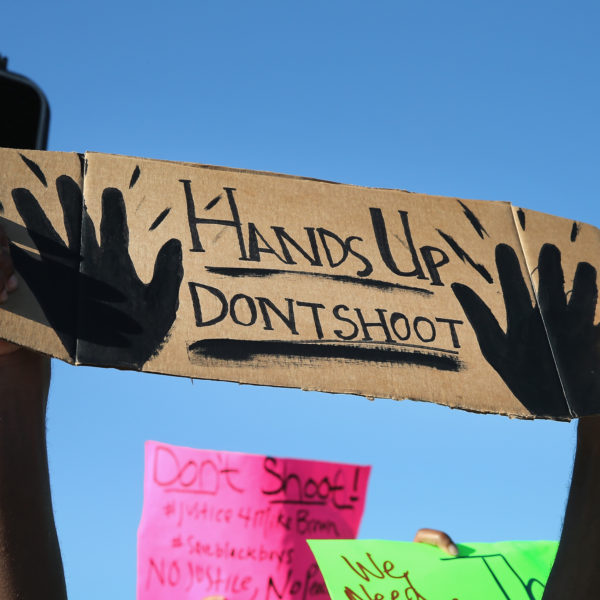
In the 17th of July, 2014, Eric Garner died after being placed in a chokehold by Staten Island police during his arrest for the suspicion of selling loose cigarettes. Less than a month later, on August 9th, Michael Brown was shot to death in an altercation with Darren Wilson, a police officer in Ferguson, Missouri. Both cases raised significant concerns about civil rights, about the possible militarization of policing in American cities, and about the treatment of minority communities by white police officers and white police forces. In response to the furor that arose, the two district attorneys, Robert McCulloch in Ferguson and Dan Donovan in Staten Island, sought to quell community distrust by going to extraordinary measures.
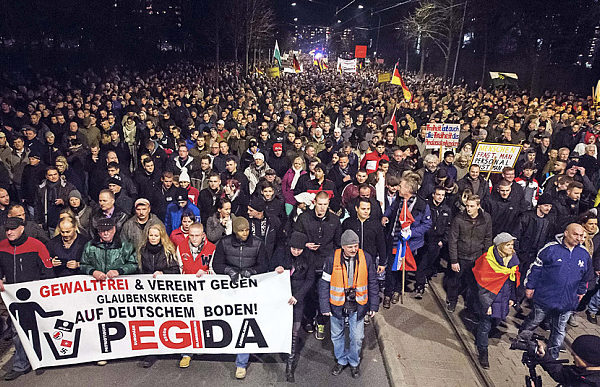
If 9/11 was the start of a moral panic in the West that the “clash of civilizations” was now underway, the tragic killings at Charlie Hebdo may have driven this panic to a new high. After all, Hebdo has a unique symbolic significance. Its satirical anti-clerical journalism represents the most valuable cultural assets of the West—freedom of speech and secularism. Moreover, Hebdo is French, and the French nation historically played a pivotal role, with its bourgeoisie revolution and laicite, in the making of Western civilization.
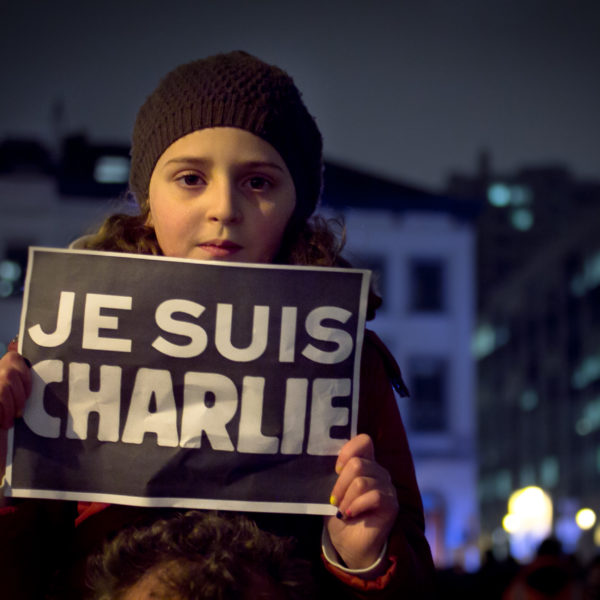
Within a few days following the shock of the terrorist assault on, and wanton slaughter of the staff of, the French satirical magazine Charlie Hebdo, the deeper crisis of Western liberal democracy—the crisis of universalism versus multiculturalism—surged into view.

The proposal to proclaim the adhan or Muslim call to prayer from the top of Duke Chapel’s bell tower yesterday provoked a number of reactions. These ranged from the vitriolic and vengeful to the dismayed and discomforted. From the deluge of emails the university received and the long strings of comments posted after articles covering the issue appeared on websites, these overwhelmingly negative reactions came not just from Christians but also from Jews and those of no faith.

In the midst of the Arab uprisings, the now famous magazine Charlie Hebdo published one of their traditional satirical covers. They titled the issue “Killings in Egypt” and drew the figure of a Muslim religious activist who was riddled with bullets. The subtitle was more than eloquent: “The Koran is a piece of shit,” the agonizing Muslim was made to say, because “it does not stop bullets.”
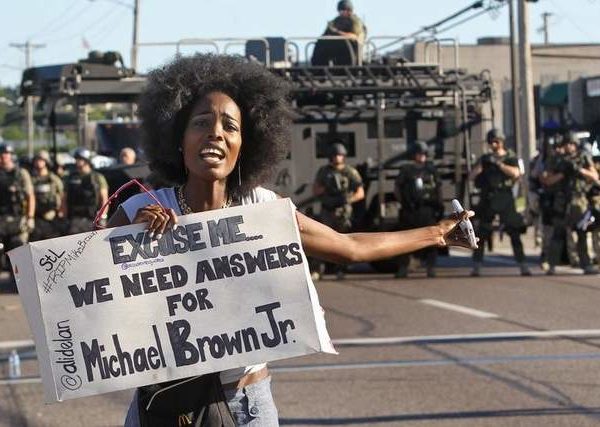
In the public imagination, dualism rules the day. The dualistic mindset sees things in pairs, and tends to perceive only absolutes. Evil must be balanced by good. The ways of righteousness have nothing to do with the ways of wickedness. Such dualism has characterized the fevered public discussion following the incidents involving Michael Brown and Eric Garner.

“When all the women were dead, the jihadists burned their bodies inside the houses. After they had finished with the women, the jihadists went back to …where they had locked the children. ‘They brought out the little kids – two, one and a half, three years old – they took them out holding on to each other. They took the groups and killed them with knife stabs’.
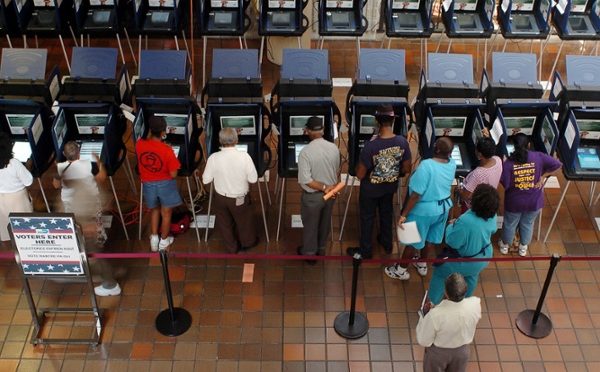
One can read the results of the 2014 mid-term elections in the United States in terms of whatever dominant political inkblot they favor. The narrative of the American right-wing, of course, is that the resounding Republican victories at both the Congressional and gubernatorial levels constituted a resounding repudiation by the voters of the Obama administration’s policies and pari passu the much vaunted progressivist politics that seemed to have finally taken solid root in American political soil with the 2008 election.


